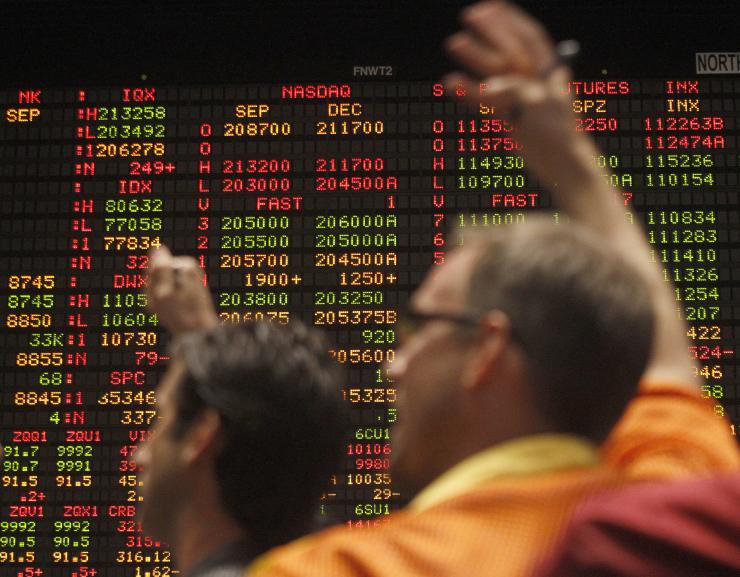-
Tips for becoming a good boxer - November 6, 2020
-
7 expert tips for making your hens night a memorable one - November 6, 2020
-
5 reasons to host your Christmas party on a cruise boat - November 6, 2020
-
What to do when you’re charged with a crime - November 6, 2020
-
Should you get one or multiple dogs? Here’s all you need to know - November 3, 2020
-
A Guide: How to Build Your Very Own Magic Mirror - February 14, 2019
-
Our Top Inspirational Baseball Stars - November 24, 2018
-
Five Tech Tools That Will Help You Turn Your Blog into a Business - November 24, 2018
-
How to Indulge on Vacation without Expanding Your Waist - November 9, 2018
-
5 Strategies for Businesses to Appeal to Today’s Increasingly Mobile-Crazed Customers - November 9, 2018
High-Speed Trader Found Guilty In Landmark Spoofing Case
A USA jury has found high-frequency trader Michael Coscia guilty of commodities fraud and “spoofing” in the U.S. government’s first criminal prosecution of the banned trading practice.
Advertisement
New Jersey resident Michael Coscia, 53, commissioned the design of two computer programs in order to earn illegal profits from orders placed through Chicago-based CME Group and London-based ICE Futures Europe, according to a statement from the U.S. Attorney’s office.
Spoofing is rapidly placing orders with the intent to cancel them before they trade in order to trick other investors by creating the illusion of demand.
“The motive is money”.
Coscia faces a maximum sentence of 25 years and a $25,000 fine on each of the six counts of commodities fraud and 10 years and a $1m fine on each of the six counts of spoofing.
Coscia lied under oath when he testified during the week-long trial that he wanted to trade every order that he entered, Harjani said.
Coscia was accused of entering large orders into futures markets in 2011 that he never meant to execute. He told the jury that Coscia’s trading strategy was unique but not illegal.
“You can’t want something and cancel it at the same time”, he said.
During the trial, prosecutors have worked to explain the complex world of high-frequency traders, where orders can be executed within milliseconds.
“We’re disappointed by the verdict”, said Mr Coscia’s lawyer Steven Peikin of Sullivan and Cromwell.
One expert called by defense lawyers said Coscia’s cancellation rate for large orders during a week in September 2011 was lower than that of other high-frequency trading firms and the rate of orders filled was larger.
Coscia’s prosecution was the first under an anti-spoofing provision that was added to the Commodity Exchange Act by the 2010 Dodd-Frank financial reform.
Advertisement
If Pilgrim’s Progress, the nation’s largest chicken producer, was frustrated in its efforts to buy corn futures because of Coscia’s tactics, as the government alleges, “that’s on them – they should have invested in algorithms” rather than use point-and-click trading, she said.





























